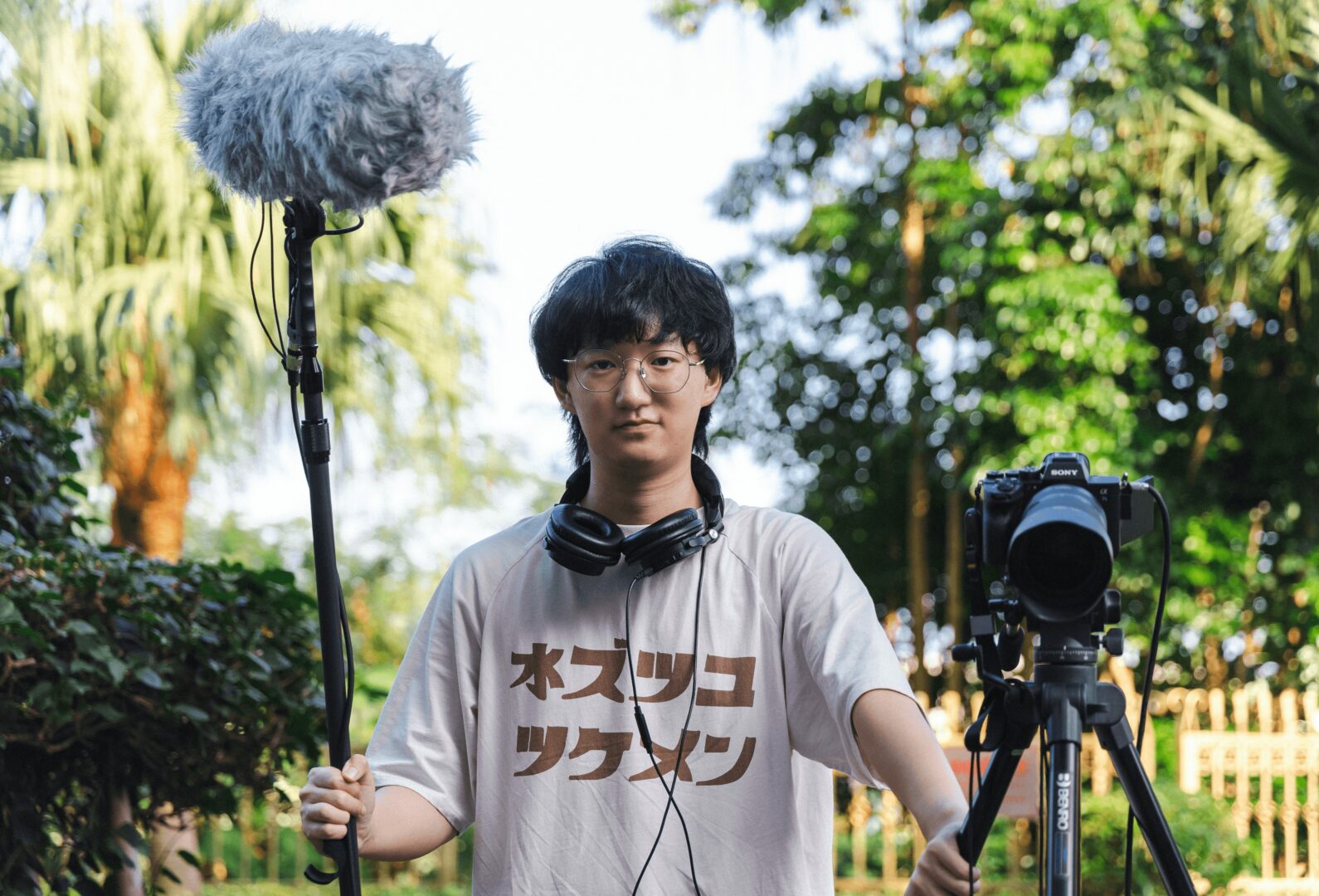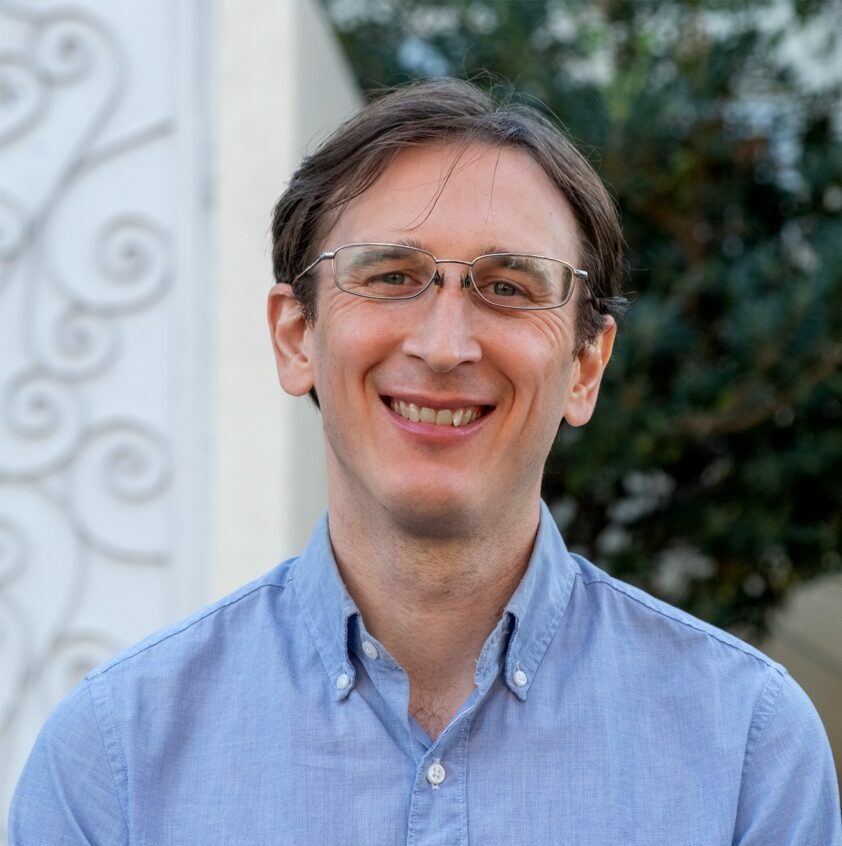Alright – so today we’ve got the honor of introducing you to Yujie “Logan” Luo. We think you’ll enjoy our conversation, we’ve shared it below.
Yujie “Logan”, we’re thrilled to have you on our platform and we think there is so much folks can learn from you and your story. Something that matters deeply to us is living a life and leading a career filled with purpose and so let’s start by chatting about how you found your purpose.
My purpose has always been about giving a voice to the “unseen”—challenging stereotypes and shining a spotlight on diverse perspectives that are often ignored.
I found my purpose when I realized I had the tools to build a platform for these stories. For instance, my work on the short film Next Station: Lok Ma Chau was about the complex identity issues of marginalized cross-border families. In that film, we used a song with lyrics that really reflect my own journey: “Everyone can shine, if they find the right place… let me be my own protagonist.”
That’s what I aim to do: be a protagonist for these stories. This commitment is also why I’ve joined my upcoming AFI thesis film, Little Egypt, which is another powerful story about a minority group fighting the system. My purpose is to use my craft to bring these vital ideas to the screen.
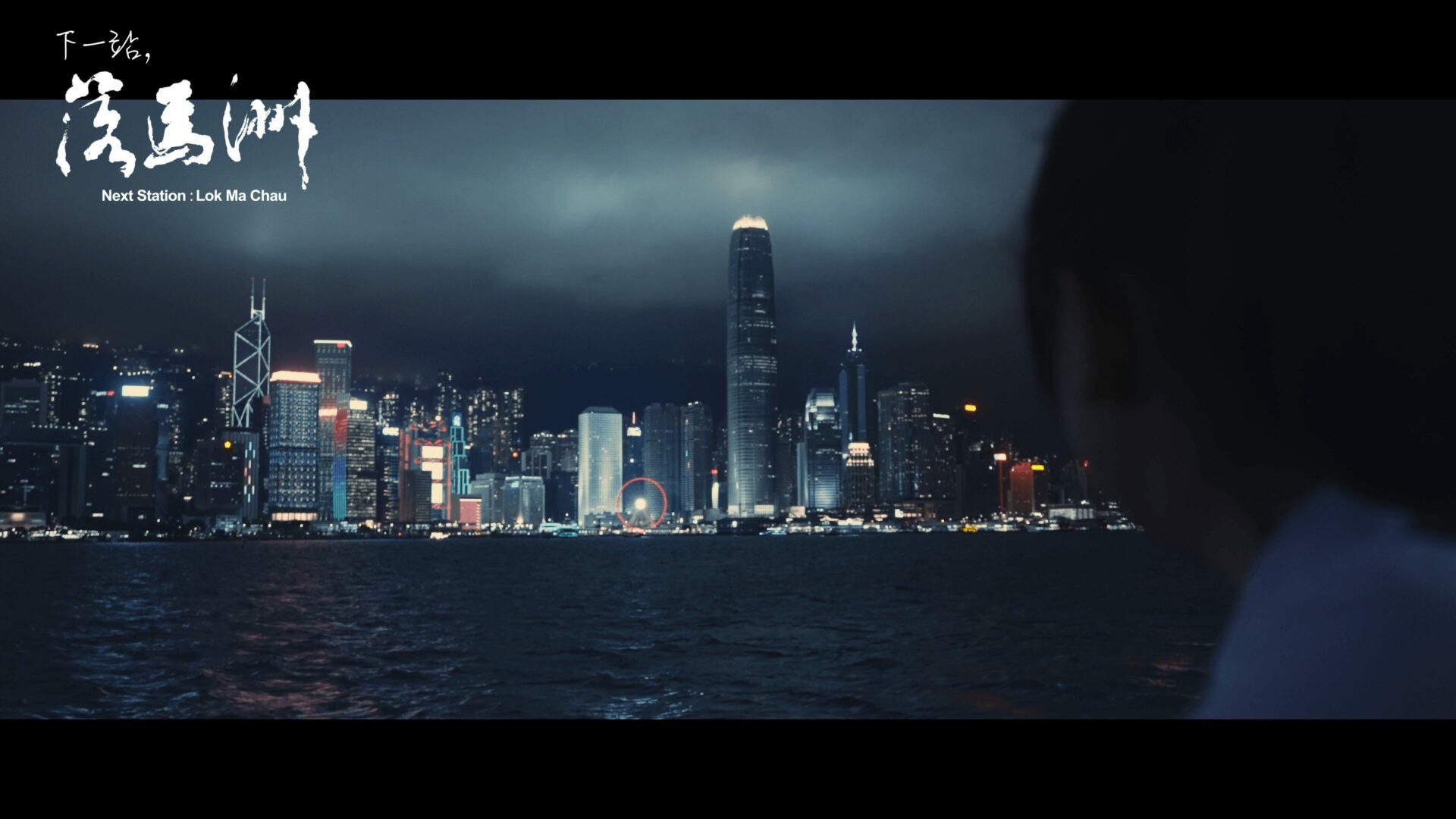
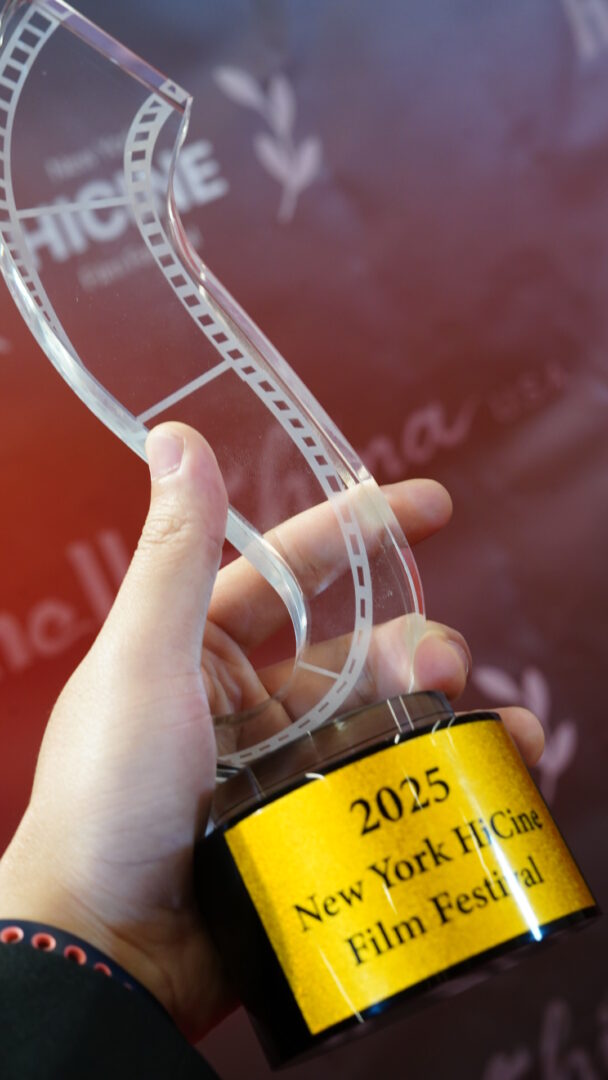
Appreciate the insights and wisdom. Before we dig deeper and ask you about the skills that matter and more, maybe you can tell our readers about yourself?
Hey! I’m Yujie “Logan” Luo, an editor and filmmaker originally from Nanchang, China. After developing my craft in Macau, I’m now an Editor Fellow at the AFI Conservatory (Class of 2026) here in Los Angeles.
My professional focus is narrative editing. What’s most exciting to me is sculpting the final story and rhythm of a film.
The “special” part of my craft is my dual background. While editing is my primary focus, my extensive experience as a Director of Photography gives me a distinct advantage. When I’m in the edit bay, I’m not just looking at footage; I have an innate understanding of why a shot was framed a certain way or why low-key lighting was used. I speak both languages—visual capture and post-production storytelling. This allows me to elevate the director’s vision in a way that many editors can’t.
This was critical on my recent film, Next Station: Lok Ma Chau, where I served as both Editor and DP. It’s a complex story about a cross-border student involved in smuggling.
The film has been a huge success, winning Best Short Film at the 2024 Macau International Film Festival. More recently, it was named a Winner at the 2025 New York HiCine Film Festival, where we were honored as Best New Filmmaker. We were thrilled that the festival was covered by New York’s World Journal, which praised the event for “recapturing real emotion in the age of AI”—something that perfectly defines the raw, human story we crafted in the edit.
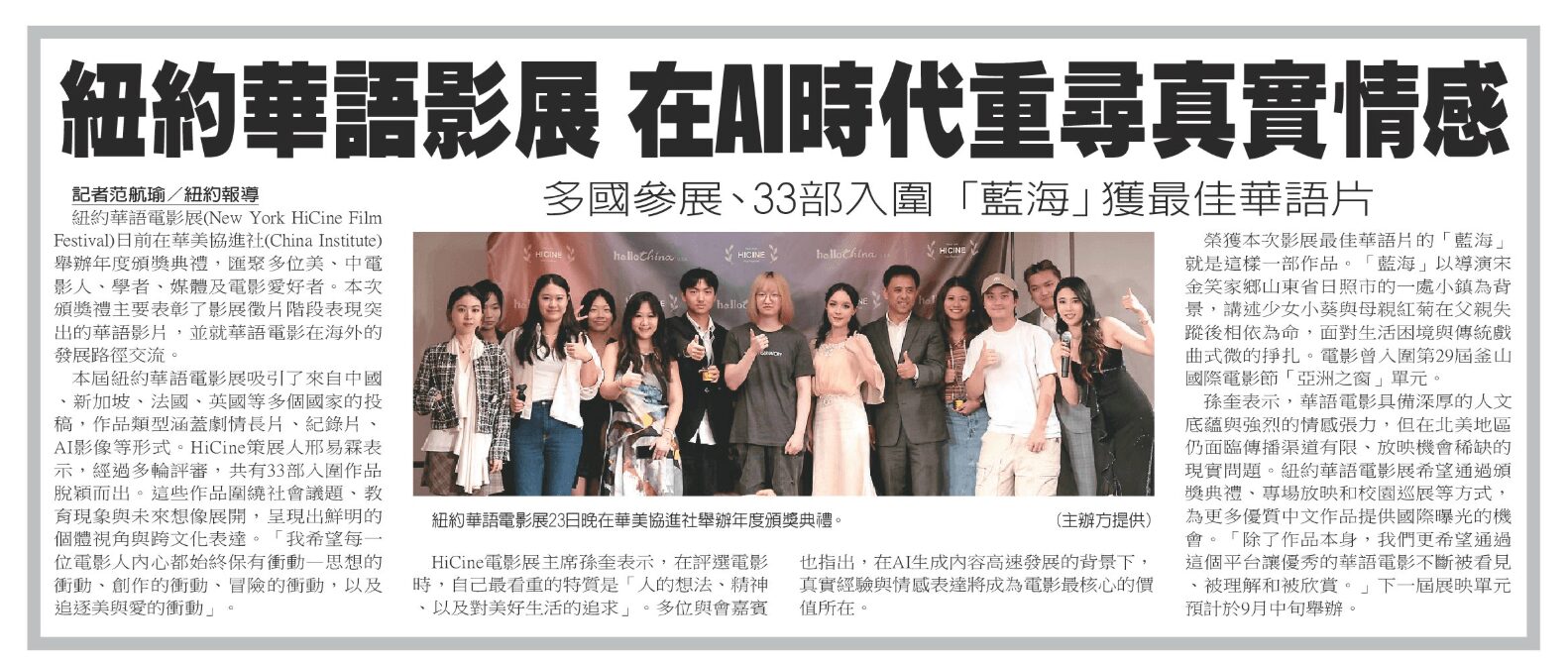
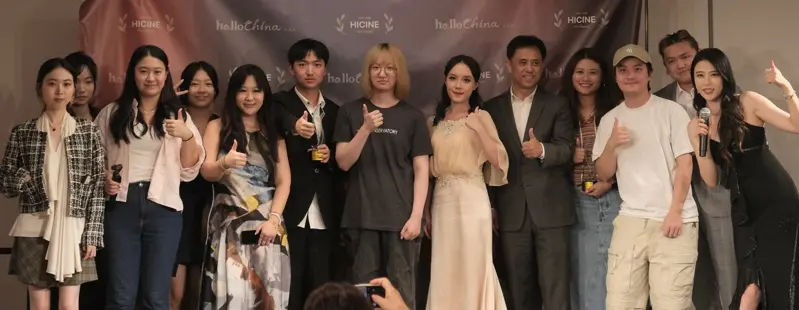
Looking back, what do you think were the three qualities, skills, or areas of knowledge that were most impactful in your journey? What advice do you have for folks who are early in their journey in terms of how they can best develop or improve on these?
That’s a great question. For me, it comes down to three things:
Translating Vision into Impact: The first is the ability to take a director’s vision, add your own artistic understanding, and translate it into an emotional impact for the audience. This is fundamentally a problem-solving skill. In the edit, you have to constantly identify why a scene isn’t working—a bad beat, a continuity issue, a drop in rhythm—and have the creativity to fix it.
Adaptability and Innovation: The second is technical and creative adaptability. You can’t be afraid to experiment. This means mastering new tools, whether it’s finding a new way to refine a cut or, as I did on Lok Ma Chau, using AI tools to clean up audio and enhance the realism. You have to be willing to innovate.
Interpersonal Skills: Finally, and maybe most importantly, filmmaking is all about people. You can be a technical wizard, but if you’re difficult to work with, you won’t get far. I always approach my collaborators with a respectful and chill attitude. My advice to anyone starting out is this: Master your craft, but don’t just be a technician. Be a storyteller. And always be the person others want to be in a high-pressure room with for 12 hours.
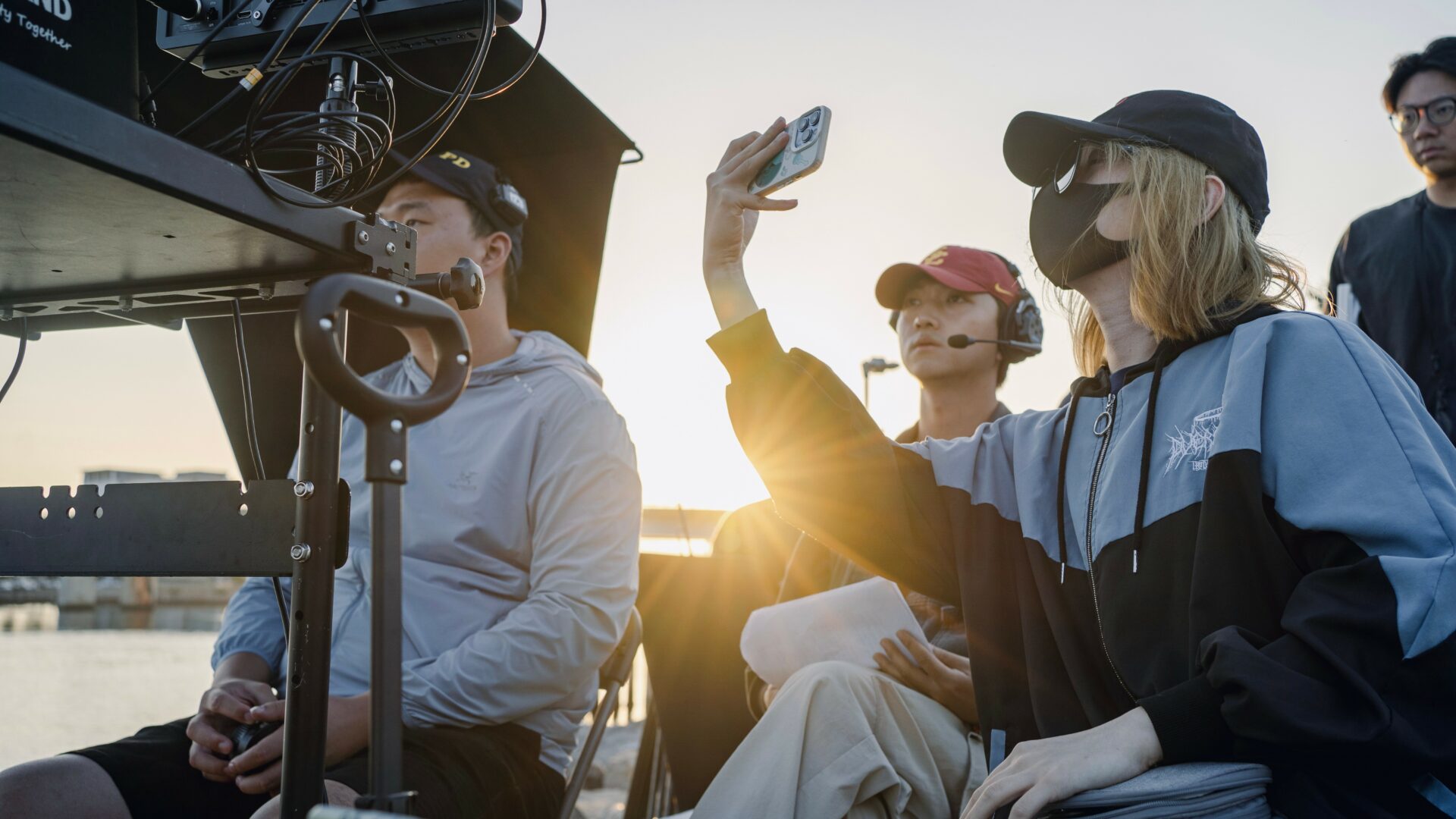
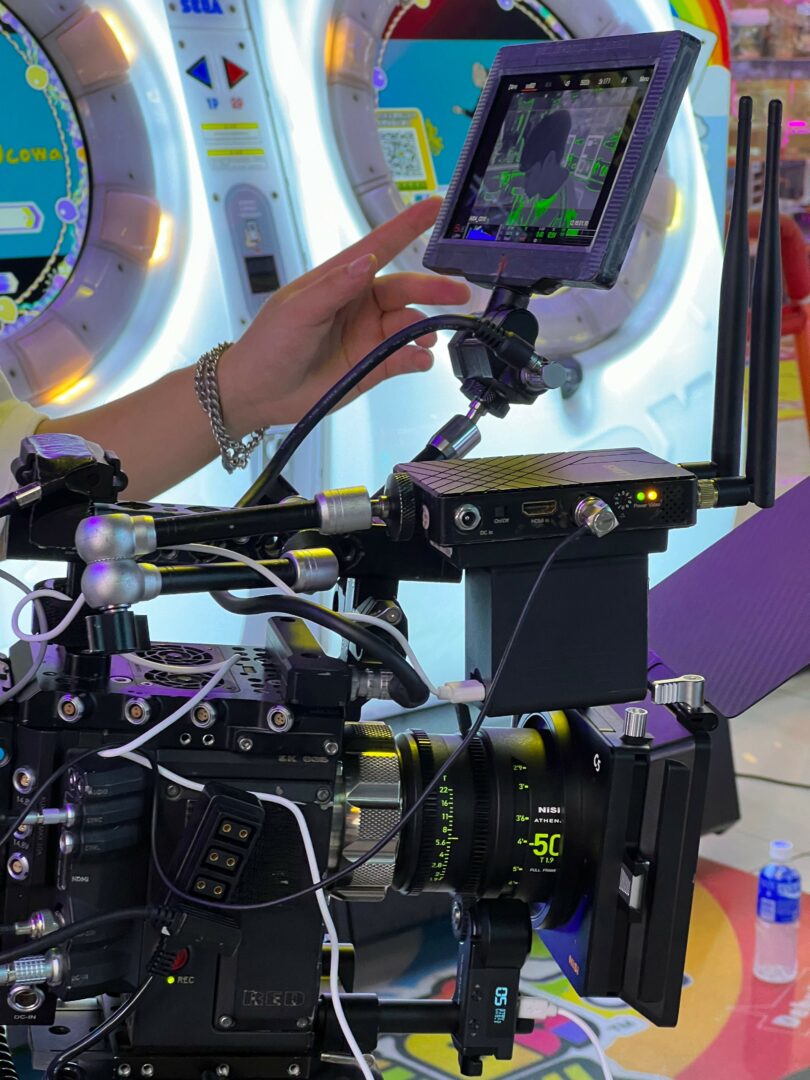
What’s been one of your main areas of growth this year?
My biggest area of growth has definitely been in my capacity as a storyteller, specifically through editing rhythm. This was put to the test on Next Station: Lok Ma Chau.
As I’ve focused my career on editing, particularly now at AFI, I’ve learned to see the “cut” as a musical tool. On this film, my goal was to use rhythm to reflect the character’s internal state. For instance, I used slower, more deliberate pacing to show our main character’s internal conflict and teenage rebellion against her mother. Then, I’d instantly switch to sharp, clean jump cuts to show the cold, impersonal efficiency of the smuggling industry she was getting pulled into.
This also involved using sound in a new way—weaving in authentic Hong Kong street audio to build a visceral sense of tension and realism. Mastering how to control the film’s pulse to manipulate audience emotion has been my most significant improvement this past year.
Contact Info:
- Website: https://yujieloganluo.wixsite.com/home
- Instagram: https://www.instagram.com/mi_kan_dayo?igsh=NTc4MTIwNjQ2YQ%3D%3D&utm_source=qr
- Other: https://www.imdb.com/name/nm17182686/
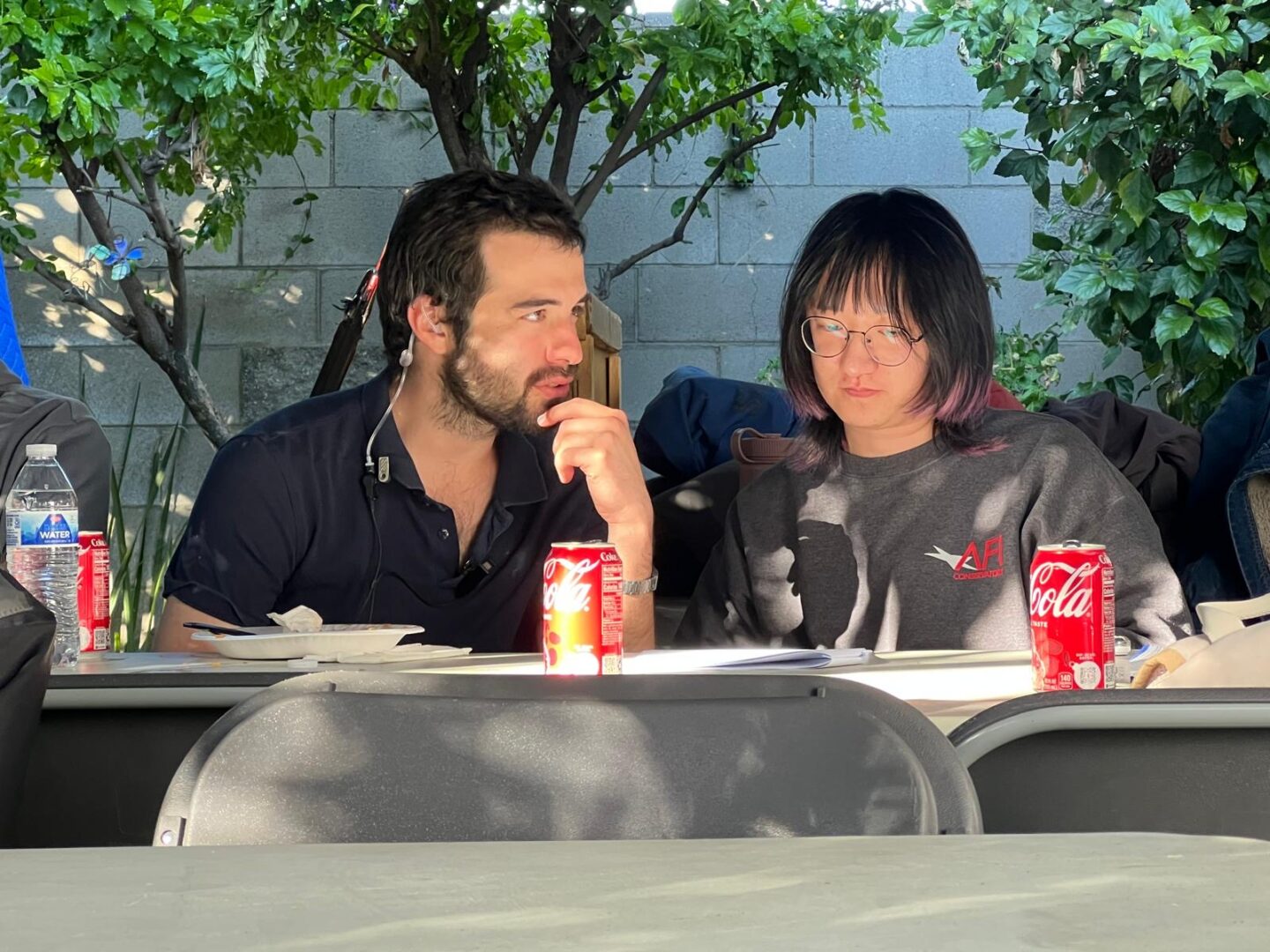
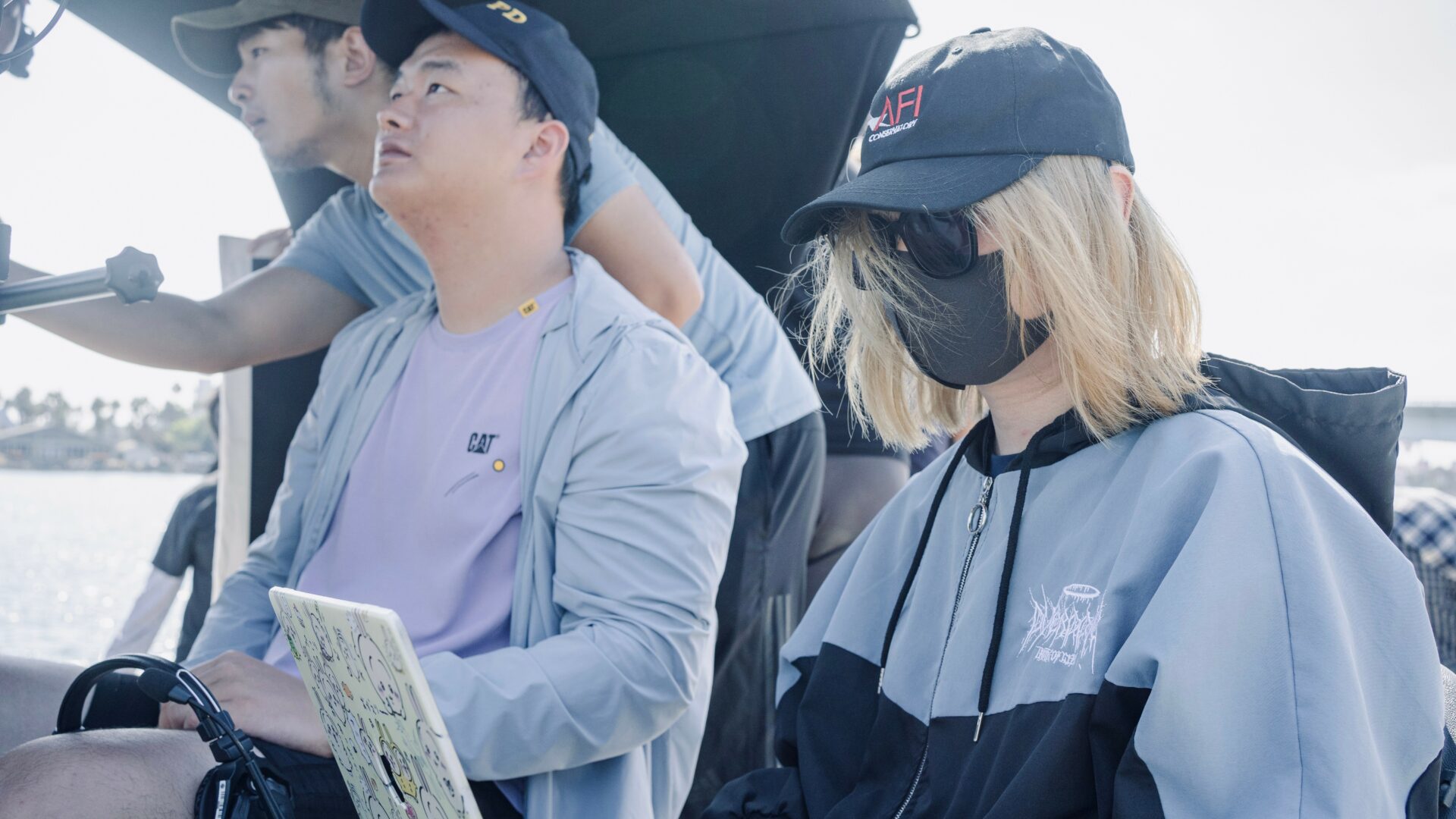
Image Credits
New York HiCine Film Festival, Yijian Jason Jiang, Bang Xiao
so if you or someone you know deserves recognition please let us know here.

